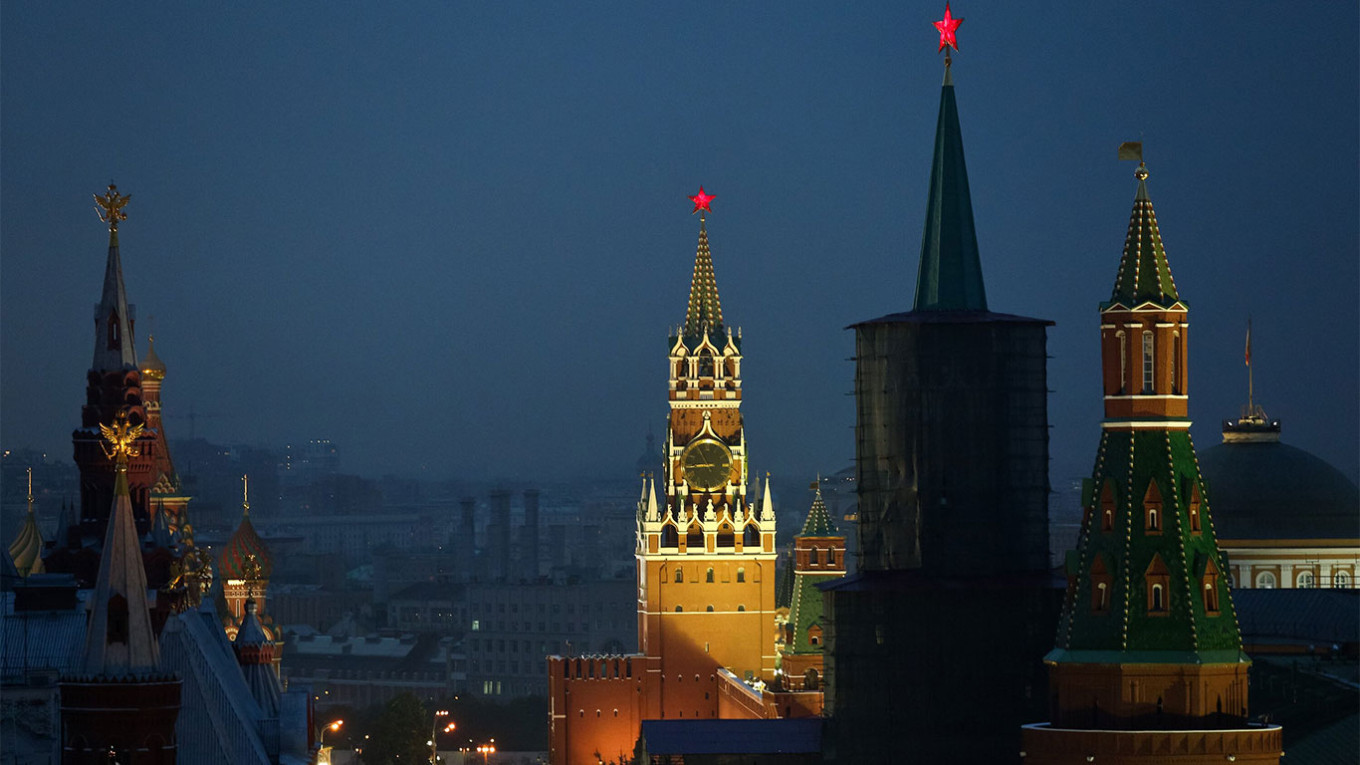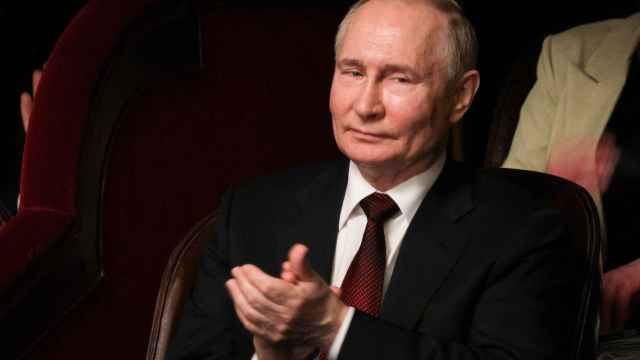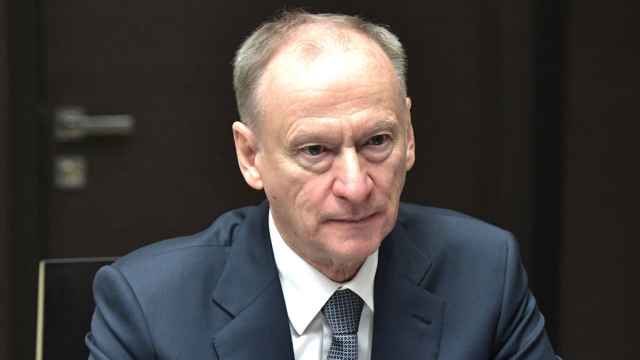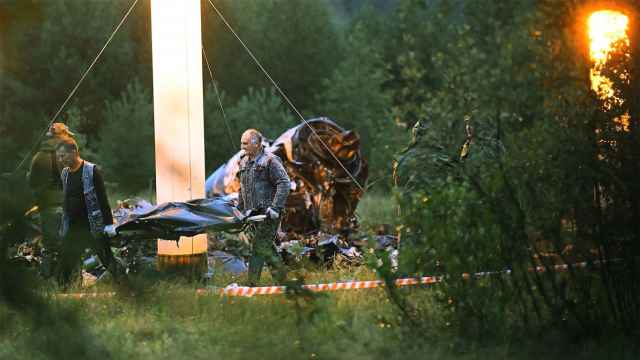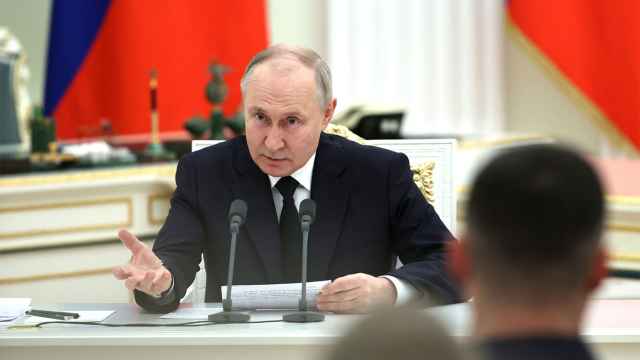Vladimir Putin has ruled Russia with an increasingly tighter grip on power for more than two decades. But his decision to invade Ukraine in February 2022 set a series of events into motion that have had unimaginable consequences for Russia and its president. One of those consequences is playing out right now: An armed rebellion by the Wagner PMC, led by its leader Yevgeny Prigozhin, against the Russian military.
Prigozhin’s rebellion — or insurrection — is a watershed moment for Russia and Putin. It is an unprecedented challenge to Putin’s rule and, of far greater consequence, to Putinism — Putin’s personal system of semi-totalitarian state control. The repercussions of recent days’ events will reverberate throughout Russia for months and years to come, regardless of their outcome.
It is highly unlikely that Prigozhin and his Wagner soldiers have the capacity, following, manpower, or military equipment to effectively overthrow the Russian army. But in any case, the current threat that Prigozhin poses to Putin’s system is in the images of tanks rolling through the southern Russian city of Rostov and uncountable queries of “chto proiskhodit?” (what’s going on?) flooding Russian-language social media. Up until now, Russia’s enemies were in the West. Now the biggest threat to Russia and Putin is coming from Russians from within. The narrative justifying Russia’s war against Ukraine is coming apart at the seams.
No one knows how far Prigozhin will go, how much force he is prepared to use, and to what extent he is a rational actor. But a heavy-handed government response, violent and bloody, could benefit Prigozhin. Wagner has little chance of strategic success, but the group has already made massive tactical gains in publicity and public perception.
Regardless of the outcome of the rebellion, the Kremlin will have no choice but to concede that it lost control of the situation. As tanks are rolling through the streets of Russia, cities are under lockdown, and Putin is addressing the nation about an attempted coup, it must not be forgotten that up until now, the Kremlin’s stance was that everything was under control. After today, they no longer maintain that plausible deniability. That is a public relations disaster for the Kremlin, and it threatens both national stability and the war effort.
It will also affect public opinion. Despite evidence of Russian military failures, many Russians have refused to acknowledge that the war was a mistake and that the army was out-fought. The majority of Russians have either blindly supported the actions of their government or closed their eyes to the uncomfortable realities generated by the army’s poor performance in the war — not to mention sanctions, mobilization, inflation, and mass emigration. Russia’s far-right bloggers, who have millions of followers on social media and have lamented for months the hesitancy of the Kremlin to escalate the war and criticized the slow speed of military gains, will only intensify criticism and lead more of the public to question the Russian authorities.
Finally, and possibly most importantly, Prigozhin’s rebellion is not simply an attack on the Russian army, but an attack on Putin himself – the ultimate offense that anyone can commit in Russia. Putin, in his speech to the nation on June 24 to address the situation, called it a “betrayal” and “treason.” These could not have been easy words for Putin to speak publicly, as they are a tacit admission of his personal failure.
In past months, Putin has tried to remain distant from the army’s failures, Ukrainian drone attacks inside of Russia’s borders, and incursions into the Belgorod region, largely shifting the blame on the military. But a rebellion in Russian streets goes beyond military failures in Russia’s war against Ukraine. It is an attack on the entire system over which Putin personally rules. Criticizing the war has become everyday business for Prigozhin, but bringing tanks out into the street and setting a course for Moscow shows that Putin is no longer in full control. Even if Prigozhin’s rebellion is quickly put down, it will be too late. For Putin and his system, the damage is already done.
A Message from The Moscow Times:
Dear readers,
We are facing unprecedented challenges. Russia's Prosecutor General's Office has designated The Moscow Times as an "undesirable" organization, criminalizing our work and putting our staff at risk of prosecution. This follows our earlier unjust labeling as a "foreign agent."
These actions are direct attempts to silence independent journalism in Russia. The authorities claim our work "discredits the decisions of the Russian leadership." We see things differently: we strive to provide accurate, unbiased reporting on Russia.
We, the journalists of The Moscow Times, refuse to be silenced. But to continue our work, we need your help.
Your support, no matter how small, makes a world of difference. If you can, please support us monthly starting from just $2. It's quick to set up, and every contribution makes a significant impact.
By supporting The Moscow Times, you're defending open, independent journalism in the face of repression. Thank you for standing with us.
Remind me later.



